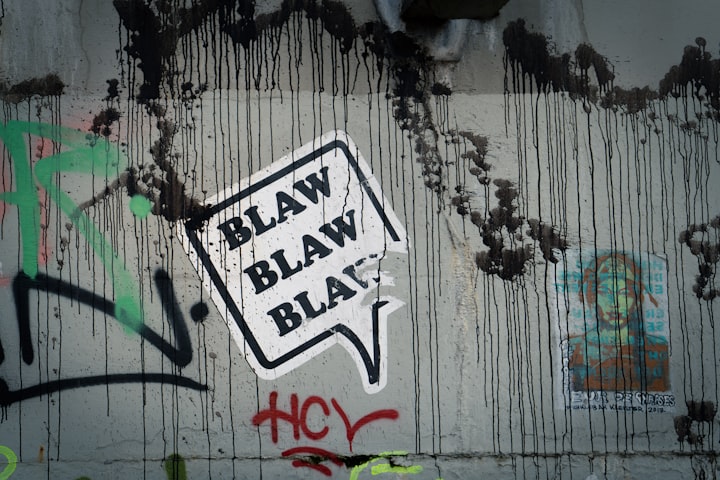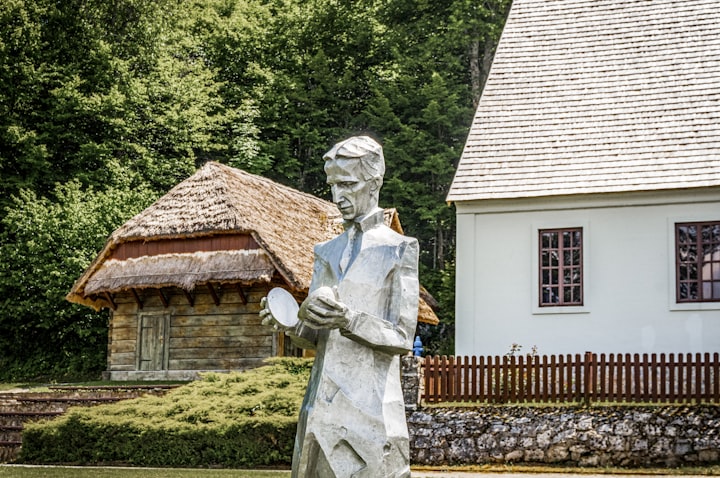
The theory is a science that won't ever quite astonishing one with the inquiries it presents. The more answers one gets, the more new questions emerge.
The following are only a couple of instances of what can be called disputable thoughts in the way of thinking. They made me imagine that, indeed, the very same inquiry might have entirely gone against answers.
Quite possibly, the most puzzling savant for me is Plato. From the beginning, Plato's Republic is an account of an ideal state made by the creator.
However, Plato's thought is more muddled – the form is created to show the issue of human conduct. The perfect condition moved toward Plato's response to the inquiry, "What's the significance here to be acceptable?"
This implies that it assists the thinker with exhibiting that morals, for example, individual conduct is a piece of legislative issues, for instance, bunch conduct. Plato's message is that if individuals can work out the correct approaches to sort out the polis, the last will be sound and individual satisfaction will be unimportant.
Most I was keen on the moral story of the cavern. It is told and afterward deciphered by the personality of Socrates in the seventh book. The honest story is gone before by the similarity of the separated line and illustration of the child. Indeed Plato had faith in learning just through experience.
As the thinker indicates, one needs to go from the apparent domain (picture making and affectability) to the undetectable environment (thinking and comprehension).
The moral story of the cavern is an image of this trip and how it is seen by the individuals who are as yet in a lower domain. Plato considers all to be as detainees who live in a cave.
What one accepts to be the truth is only a shadow on the divider. However, the information that one amasses is the light that helps the person in question comprehend "The Good" type.
Republic is Plato's work of art that mirrors his perspectives on legislative issues and theory, however on schooling too. One of the creator's interests is how the watchmen or leaders of the Kallipolis ought to be raised adequately.
Plato sees logician rulers as the best examples of the decision class. He accepts that savants are to become lords and philosophize satisfactorily if the ideal city begins to exist.
Then, at that point come five years of preparing in persuasion and fifteen years o,f considering polis. The last objective of this training is the rulers' understanding of the type of "The Good."
Descartes was the main savant who considered how certain one could be about the world around. He dismissed any thought as confident and attempted to find the premise of assurance.
He inferred that human information couldn't be utilized as a solid guideline for being sure or questionable, depending on insights. In addition, they are not correct. The only thing Descartes makes sure of is that real things exist and that while questioning, the only thing one ought not to examine is asking itself.
Additionally intriguing is how Descartes endeavors to demonstrate the unwavering quality of the faculties: as indicated by him, the possibility that God exists guarantees the dependability of our faculties.
He utilizes experimental techniques to use perceptions to guide and test his hypothesis.
Descartes is viewed as perhaps the best pragmatist (alongside Leibnitz and Kant).
The primary rule of the judicious philosophical technique is that lone perspectives interesting to reason can fill in as hotspots for information or support. As pragmatists contend, logic, not experience, is generally significant for obtaining information.
There exists another hypothesis of information – wariness. Cynics question the chance of the information in any case and contend that faith in something doesn't legitimize an affirmation of information on it.






Comments
There are no comments for this story
Be the first to respond and start the conversation.